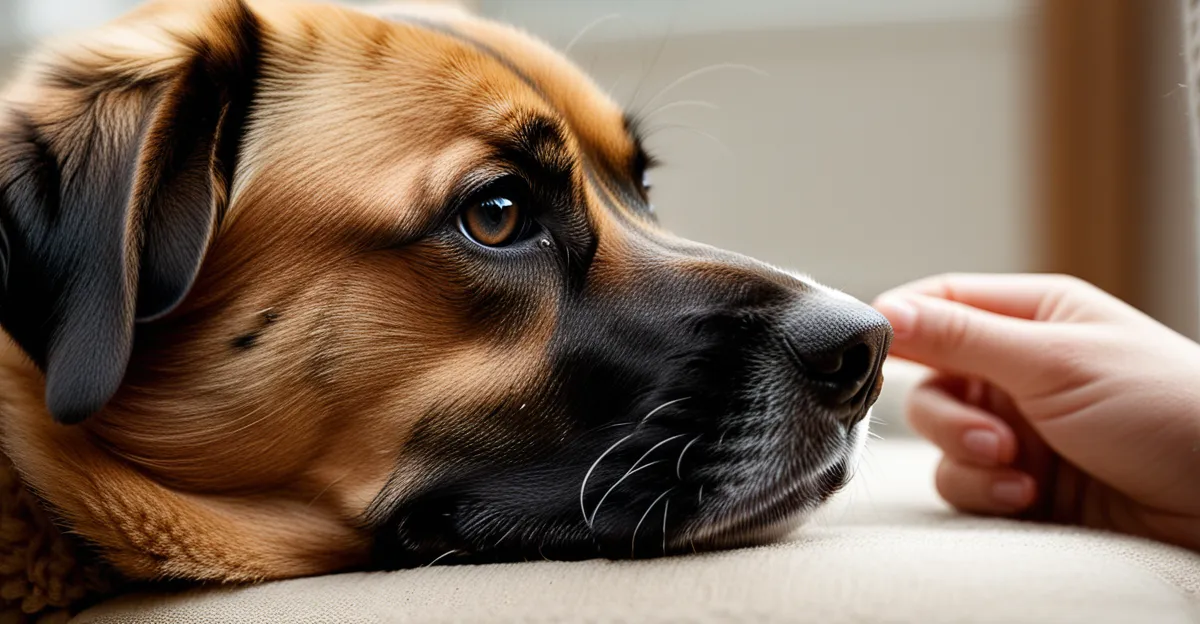Core British Cultural Values Impacting Pet Care
British culture and pet care reflect deep-rooted historical connections with animal welfare. Since the 19th century, Britain has emphasized the ethical treatment of animals, influencing present-day British pet care traditions. This legacy manifests in widespread respect for pets as companions rather than mere property.
Class distinctions have also shaped cultural attitudes towards pets. In upper-class households, pets often receive specialized care, including tailored diets and trained behaviors. Conversely, working-class pet ownership tends to focus on practicality and companionship. These differences highlight how social status impacts everyday pet care choices.
In parallel : Top pet care tips from generalist experts in 2024
Urban versus rural living further diversifies British pet care approaches. Urban residents typically favor smaller breeds suited for apartments, focusing on structured routines and professional vet services. In contrast, rural owners may prioritize outdoor exercise and natural diets, reflecting a closer relationship with the environment.
Together, these elements—historical welfare values, class influences, and living environments—form the foundation of British approaches to pet care. They shape both expectations and everyday practices, ensuring a uniquely British perspective on nurturing animals.
Also read : Top pet care tips from generalist experts in 2024
Common Pet Preferences and Their Cultural Roots
British pet care traditions reflect a long-standing affinity for dogs, cats, and small mammals. These species have historically been the most popular pets in Britain, favored for their companionship and suitability for varied living environments. Dogs, especially breeds like Labradors and Staffordshire Bull Terriers, are widely cherished across the UK for their loyalty and versatility.
Regional differences further shape pet type preferences in the UK. Urban areas tend to favor smaller breeds and pets that adapt well to confined spaces, such as cats and rabbits, aligning with the practicalities of apartment living. In contrast, rural regions often prefer larger dogs and outdoor animals, reflecting the openness of countryside lifestyles.
When comparing to other countries, British cultural pet choices show unique characteristics. For example, while rodents and reptiles gain popularity elsewhere, traditional British homes tend to maintain a preference for mammals and familiar companion animals. This tendency illustrates how cultural attitudes towards pets influence the breeds and species embraced within the country.
Understanding these preferences helps clarify why certain pets dominate British households. They resonate with historical values and practical considerations embedded in the nation’s pet care culture, reinforcing the continuity of popular pets in Britain through generations.
Role of Legislation and Welfare Institutions
British pet care traditions are strongly supported by a solid framework of UK animal welfare law designed to protect animals’ wellbeing. The Animal Welfare Act 2006 is pivotal, legally obliging pet owners to meet their animals’ essential needs, including proper diet, housing, and medical care. This legislation underpins cultural attitudes towards pets by emphasizing responsibility and care.
Microchipping is another crucial regulation, mandatory for dogs in the UK. It ensures identification and accountability, reflecting the nation’s commitment to humane pet management. These measures demonstrate how British pet care regulation sets clear standards, promoting ethical treatment.
The Royal Society for the Prevention of Cruelty to Animals (RSPCA) plays a vital role as a welfare institution. By enforcing laws, rescuing neglected animals, and educating the public, the RSPCA shapes both the legal landscape and cultural attitudes towards pets. Their presence reinforces a shared societal expectation: pets deserve respect and protection.
Public support for these laws and organizations remains strong, highlighting widespread acceptance of strict welfare guidelines. This collective effort ensures that British cultural values translate into practical, enforceable care, benefiting pets across all classes and living environments.
Social Norms and Expectations Shaping Routine Pet Care
British pet care routines are deeply influenced by social expectations for pets UK that stress accountability and well-being. Most pet owners follow consistent feeding schedules, choosing high-quality diets aligned with breed and health needs. Regular exercise forms another crucial aspect, with daily walks particularly important for dogs. This reflects a cultural understanding that pets require both physical activity and mental stimulation.
Veterinary care is likewise a priority; routine check-ups and vaccinations are widely accepted as essential. Many owners also opt for pet insurance, underscoring a proactive approach to health that goes beyond emergency treatment. Compared to other countries, the UK sees higher use of specialized pet services, such as groomers and obedience training, showcasing a culture keen on enhancing animal welfare.
Social pressures play a role in shaping behavior standards too. Responsible ownership is expected, including proper waste disposal and controlling noise. These norms foster communal respect and help prevent conflicts between pet owners and neighbours.
Together, these practices reflect British pet care traditions that combine empathy and responsibility, ensuring pets receive attentive care day-to-day. Understanding these norms helps explain why pets in Britain often enjoy well-rounded, structured lives.
Media, Public Figures, and the Representation of Pets in British Society
British media and public figures significantly shape cultural representation of pets and influence pet care trends nationwide. Television programs featuring animals—such as wildlife documentaries and pet-centric shows—reflect and reinforce the cherished status of pets in British culture. These portrayals emphasize empathy, proper care, and companionship, aligning closely with British pet care traditions.
Celebrity pet ownership further impacts public attitudes and practices. When UK public figures openly share their experiences with pets, they set trends that many follow. This visibility normalizes investment in quality grooming, nutrition, and veterinary care. It also highlights the importance of ethical pet ownership, resonating with broader cultural attitudes towards pets.
Traditional British stories and folklore contribute additional layers to pet symbolism. For example, dogs often embody loyalty and protection, reinforcing their enduring popularity. These narratives, combined with media exposure, create a powerful cultural backdrop that affects how pets are viewed and treated.
Overall, animals in British media and celebrity ownership not only entertain but actively shape expectations, reinforcing the nation’s commitment to responsible pet care and deepening the emotional bond between people and their animals. This sustained visibility fosters an informed and caring pet-owning culture across the UK.







